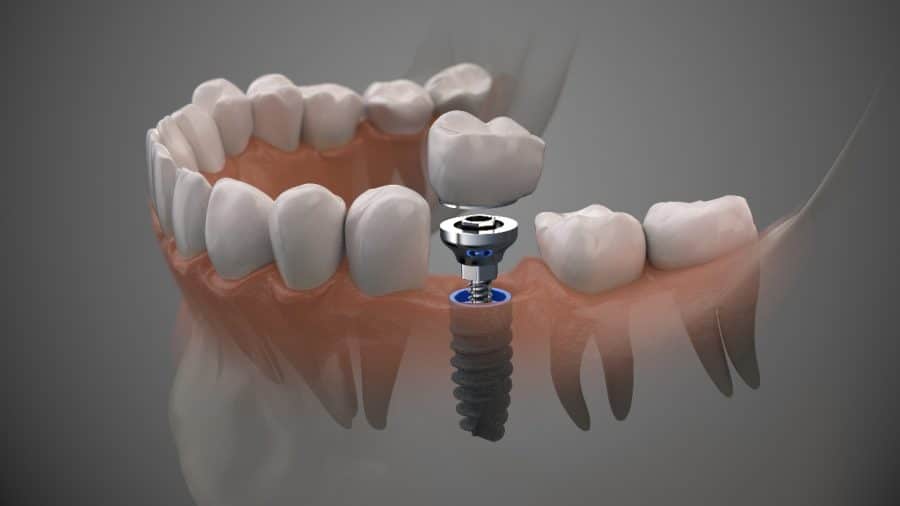As vaping gains popularity, there’s growing interest in understanding the nuances of its health effects, particularly in relation to dental health. This article takes a closer look at vaping and cigarette smoking, offering insights into how each may affect oral hygiene, gum health, and tooth discoloration.
This article is available in French
Oral Hygiene:
Maintaining excellent oral hygiene is pivotal in preventing dental issues, and both vaping and cigarette smoking can influence oral health, albeit in different ways.
Cigarette smoke, laden with harmful chemicals, can contribute to dry mouth, reducing saliva production. Saliva plays a crucial role in neutralizing acids, protecting teeth from decay, and washing away food particles. The reduction in saliva caused by smoking can increase the risk of cavities and other oral health problems.
Vaping, on the other hand, doesn’t involve the production of tar, a major contributor to tooth stains and gum disease associated with smoking. Although some vaping liquids contain sweeteners, potentially encouraging bacterial growth, maintaining good oral hygiene practices can mitigate these concerns.
Tooth Discoloration:
A prominent effect of smoking is tooth discoloration. The tar and nicotine in cigarette smoke can lead to yellow or brown stains on teeth, affecting the aesthetics of one’s smile. Additionally, smoking can contribute to plaque and tartar formation, exacerbating tooth discoloration.
In comparison, vaping is generally considered less likely to cause severe tooth discoloration. Although sweeteners in e-liquids may contribute to plaque formation, the impact on staining is generally milder.
Gum Health:
Both vaping and smoking have been linked to potential effects on gum health. Cigarette smoking is a recognized risk factor for gum disease, impacting blood flow to the gums and compromising the immune system’s ability to fight infections. Smokers often experience delayed healing after dental procedures, and the risk of tooth loss due to gum disease is higher among smokers.
While vaping is not directly associated with gum disease to the same extent as smoking, the heat from vaping devices and the chemicals in e-liquids may cause gum irritation, potentially leading to inflammation and related issues.
Conclusion:
While both vaping and cigarette smoking present their own set of considerations for dental health, it’s worth noting that making informed choices and maintaining good oral hygiene practices can significantly mitigate potential risks.
For those considering vaping, there are many options. Understanding that vaping may have a milder impact on dental health compared to smoking can be encouraging. However, for best overall health and optimal dental well-being, don’t forget regular dental check-ups, effective oral hygiene routines, and a healthy lifestyle remain essential for preserving a bright and healthy smile. Individuals contemplating a switch to vaping should consult with dental professionals to ensure they make choices that align with their unique oral health needs.

Isreal olabanji a dental assistant and public health professionals and has years of experience in assisting the dentist with all sorts of dental issues.
We regularly post timely and trustworthy medical information and news on Fitness, Dental care, Recipes, Child health, obstetrics, and more.
The content is intended to augment, not replace, information provided by your clinician. It is not intended nor implied to be a substitute for professional medical advice. Reading this information does not create or replace a doctor-patient relationship or consultation. If required, please contact your doctor or other health care provider to assist you to interpret any of this information, or in applying the information to your individual needs.



